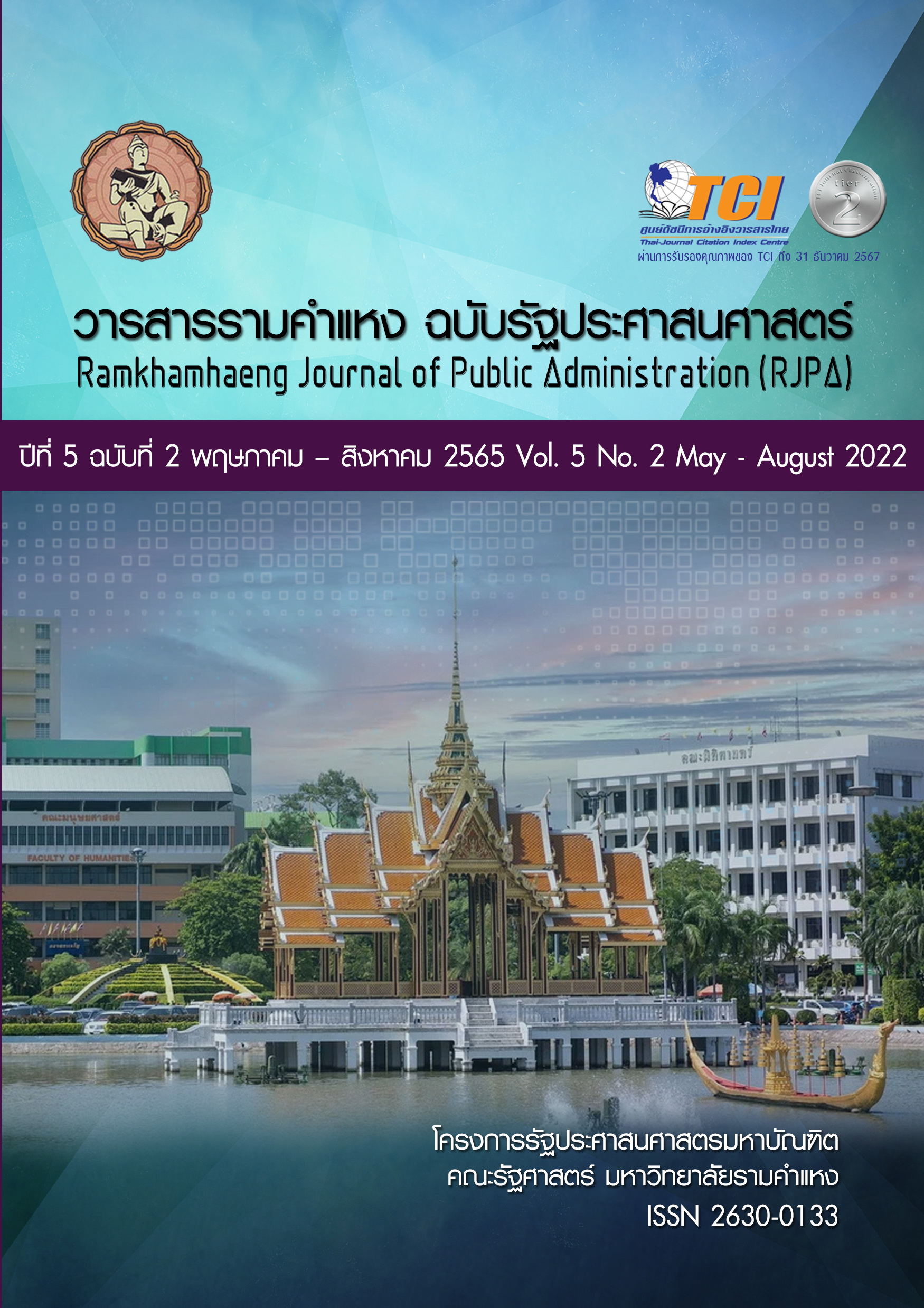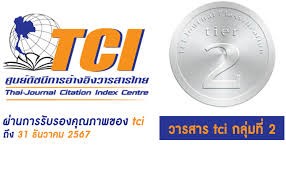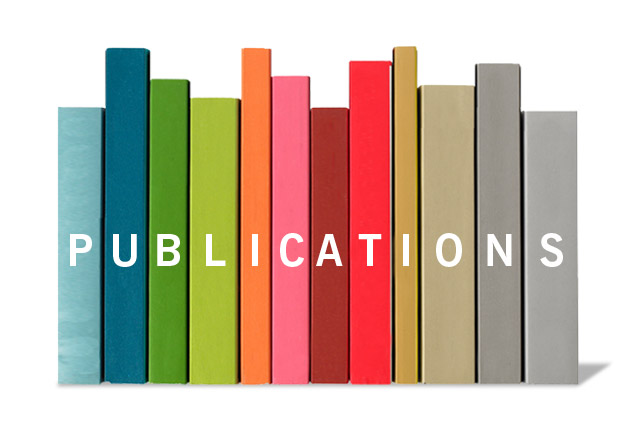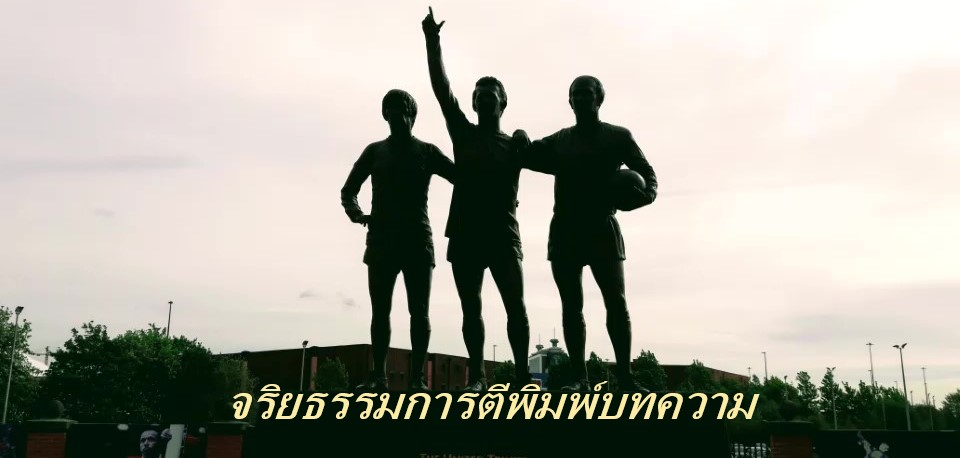พฤติกรรมการปรับตัวของบุคลากรมหาวิทยาลัยรามคำแหงเพื่อรองรับชีวิตวิถีใหม่ (The adaptive behavior to a New Normal of Ramkhamhaeng University personnel)
Abstract
บทคัดย่อ
การวิจัยครั้งนี้เป็นการวิจัยแบบผสมผสานระหว่างการวิจัยเชิงปริมาณกับการวิจัยเชิงคุณภาพ มีวัตถุประสงค์เพื่อศึกษาลักษณะพฤติกรรมการปรับตัว ปัญหาและอุปสรรคในการปรับตัว และข้อเสนอแนะที่ต้องการให้มหาวิทยาลัยหรือรัฐบาลช่วยเหลือในการพัฒนาคุณภาพชีวิตของบุคลากรเพื่อการรองรับวิถีชีวิตใหม่ กลุ่มตัวอย่างเป็นบุคลากรมหาวิทยาลัยรามคำแหงสายปฏิบัติการที่ได้จากการสุ่มตัวอย่างแบบง่าย จำนวน 346 คน เครื่องมือที่ใช้ในการเก็บรวบรวมข้อมูลประกอบด้วย 1) แบบสัมภาษณ์แบบกึ่งโครงสร้าง 2) แบบประเมินพฤติกรรมการปรับตัว มีค่าความเชื่อมั่นทั้งฉบับอยู่ที่ .948 ทำการทดสอบสมมติฐานทางสถิติด้วย One-way ANOVA และ เปรียบเทียบความแตกต่างรายคู่โดยใช้สูตรตามวิธี Least Significant Difference (LSD)
ผลการวิจัยพบว่า 1. บุคลากรมหาวิทยาลัยสายปฏิบัติการมีพฤติกรรมการปรับตัวโดยรวมอยู่ในระดับมาก เมื่อพิจารณารายด้านพบว่า พฤติกรรมการปรับตัวทั้งด้านอัตมโนทัศน์ ด้านบทบาทหน้าที่ ด้านร่างกาย และด้านการพึ่งพาอาศัยกันและกัน อยู่ในระดับมากตามลำดับ 2. บุคลากรมหาวิทยาลัยสายปฏิบัติการที่มีเพศ อายุ สถานภาพการสมรส การศึกษา และรายได้ต่างกัน มีพฤติกรรมการปรับตัวทั้งภาพรวมและรายด้านไม่แตกต่างกัน ส่วนตำแหน่งงานที่แตกต่างกันมีพฤติกรรมการปรับตัวในภาพรวมไม่แตกต่างกัน แต่เมื่อพิจารณารายด้านพบว่ามีพฤติกรรมการปรับตัวด้านการพึ่งพาอาศัยแตกต่างกันอย่างมีนัยสำคัญทางสถิติที่ระดับ .05 ในด้านอายุงานแตกต่างกันมีพฤติกรรมการปรับตัวในภาพรวมไม่แตกต่างกัน แต่เมื่อพิจารณารายด้านพบว่ามีพฤติกรรมการปรับตัวด้านบทบาทหน้าที่แตกต่างกันอย่างมีนัยสำคัญทางสถิติที่ระดับ .05 และ 3. บุคลากรมหาวิทยาลัยรามคำแหงสายปฏิบัติการมีข้อเสนอแนะให้มหาวิทยาลัยจัดหน่วยคัดกรองบุคคลเข้าออกอย่างเคร่งครัด ต่อเนื่อง และแจกจ่ายอุปกรณ์ในการป้องกันโรคโควิดให้เพียงพอและสม่ำเสมอ มีการเผยแพร่ข่าวสารเกี่ยวกับโรคโควิดอย่างชัดเจน และต้องการให้องค์การของรัฐที่เกี่ยวข้องกับการเฝ้าระวังการระบาดของโรคโควิดให้ข้อมูลข่าวสารเกี่ยวกับสถานการณ์แพร่เชื้อ การป้องกัน และการฉีดวัคซีนที่ชัดเจน
Abstract
This research is a combination of quantitative research and qualitative research. The objective of this study was to study the characteristics of adaptive behavior, problems and obstacles in adaptation and recommendations that require universities or governments to help improve the quality of life of personnel in order to support a new way of life The sample group consisted of 346 operating personnel of Ramkhamhaeng University obtained from a simple random sampling. The instruments used for data collection consisted of 1) a semi-structured interview form; 2) an adaptive behavior assessment form. The reliability was .948. The statistical hypothesis was tested with One-way ANOVA and the pairwise difference was compared using the Least Significant Difference (LSD) formula.
The results showed that 1. The university operating personnel had overall adaptive behavior at a high level ( =4.04 SD=.47). self-adaptive behavior in terms of roles, functions, physical aspects, and interdependence at a high level respectively ( =4.10 SD=.55, =4.09 SD=.52, =3.99 SD=.52 and =3.98 SD=.58). 2. The university operating personnel with different gender, age, marital status, education and income. There were no differences in the overall and individual adjustment behaviors. As for the different job status, the overall adjustment behavior was not different. However, when considering each aspect, it was found that the dependency adjustment behavior was significantly different at the .05 level. In terms of working age, there was no difference in the adjustment behavior in overall. However, when considering each aspect, it was found that the role adaptation behavior was significantly different at the .05 level. 3.The university operating personnel have suggested that the university set up a screening unit strictly, continuously, and distribute adequate and regular equipment to prevent the spread of COVID-19. There has been a clear dissemination of information about COVID. They wanted government agencies involved in the surveillance of the COVID-19 outbreak to provide clear information about the transmission situation, prevention and vaccination.




 Publication Policy (นโยบายการตีพิมพ์บทความ)
Publication Policy (นโยบายการตีพิมพ์บทความ) Publication Ethics (จริยธรรมการตีพิมพ์บทความ)
Publication Ethics (จริยธรรมการตีพิมพ์บทความ)